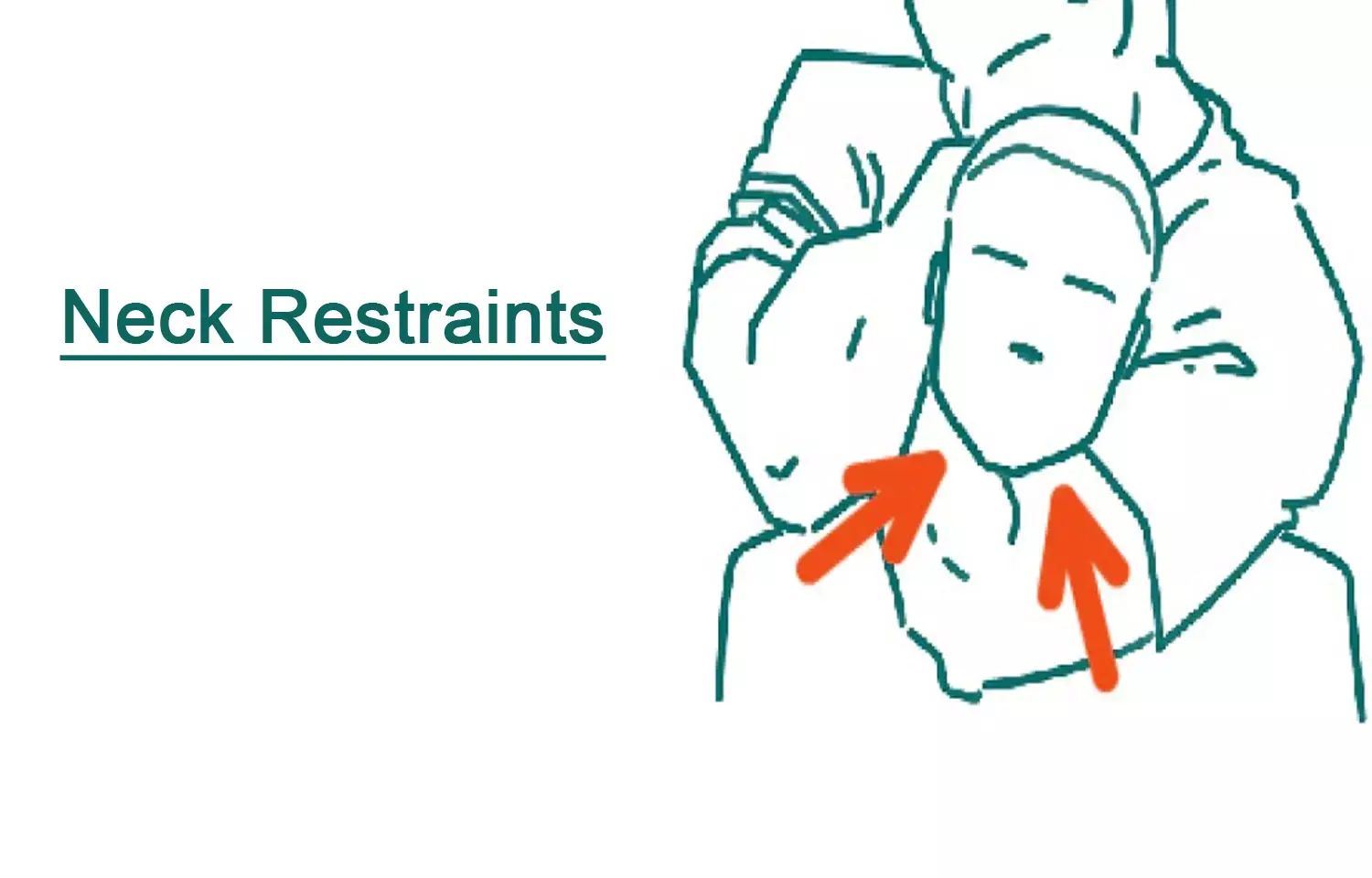- Home
- Medical news & Guidelines
- Anesthesiology
- Cardiology and CTVS
- Critical Care
- Dentistry
- Dermatology
- Diabetes and Endocrinology
- ENT
- Gastroenterology
- Medicine
- Nephrology
- Neurology
- Obstretics-Gynaecology
- Oncology
- Ophthalmology
- Orthopaedics
- Pediatrics-Neonatology
- Psychiatry
- Pulmonology
- Radiology
- Surgery
- Urology
- Laboratory Medicine
- Diet
- Nursing
- Paramedical
- Physiotherapy
- Health news
- Fact Check
- Bone Health Fact Check
- Brain Health Fact Check
- Cancer Related Fact Check
- Child Care Fact Check
- Dental and oral health fact check
- Diabetes and metabolic health fact check
- Diet and Nutrition Fact Check
- Eye and ENT Care Fact Check
- Fitness fact check
- Gut health fact check
- Heart health fact check
- Kidney health fact check
- Medical education fact check
- Men's health fact check
- Respiratory fact check
- Skin and hair care fact check
- Vaccine and Immunization fact check
- Women's health fact check
- AYUSH
- State News
- Andaman and Nicobar Islands
- Andhra Pradesh
- Arunachal Pradesh
- Assam
- Bihar
- Chandigarh
- Chattisgarh
- Dadra and Nagar Haveli
- Daman and Diu
- Delhi
- Goa
- Gujarat
- Haryana
- Himachal Pradesh
- Jammu & Kashmir
- Jharkhand
- Karnataka
- Kerala
- Ladakh
- Lakshadweep
- Madhya Pradesh
- Maharashtra
- Manipur
- Meghalaya
- Mizoram
- Nagaland
- Odisha
- Puducherry
- Punjab
- Rajasthan
- Sikkim
- Tamil Nadu
- Telangana
- Tripura
- Uttar Pradesh
- Uttrakhand
- West Bengal
- Medical Education
- Industry
Neck restraints to control aggressive people not medically appropriate, opine neurologists

Three neurologists at Massachusetts General Hospital (MGH) have expressed their viewpoint regarding use of neck restraints as a safe method for controlling agitated or aggressive people by some police departments in the United States.
Viewpoint reviews the potential neurologic consequences of any restriction of blood flow or oxygen to the brain and calls for an examination of the safety and appropriateness of the use of neck restraints by law enforcement.
Viewpoint written by three neurologists at Massachusetts General Hospital (MGH) has been published in JAMA Neurology.
Viewpoint reviews the potential neurologic consequences of any restriction of blood flow or oxygen to the brain and calls for an examination of the safety and appropriateness of the use of neck restraints by law enforcement.
The killing of George Floyd, a Black man who died while being arrested in May 2020 after a police officer pressed a knee to his neck for more than eight minutes, helped spark a national conversation about racial injustice in the United States. Floyd's death made headlines, as did that of Eric Garner in 2014 after police placed him in a chokehold. Yet a number of other Americans have died during confrontations with police officers who used neck restraints, says MGH neurologist Altaf Saadi, MD, senior author of the Viewpoint column.
Along with coauthors Jillian M. Berkman, MD, and Joseph A. Rosenthal, MD, PhD, Saadi was disturbed by the use of neck restraints by police departments in the United States. They found that some prohibit chokeholds and other neck restraints, but others teach the techniques for the purpose of subduing allegedly uncooperative people during encounters. Notably, some police agencies advise that carotid restraint--compressing the two large blood vessels on either side of the neck, which is known as a stranglehold--is a safe, nonlethal tactic that temporarily renders a person unconscious by reducing blood flow to the brain.
"As a neurologist, I know that there is never a scenario where stopping the flow of blood and oxygen to the brain is medically appropriate," says Saadi. "What shocked me most was that much of the literature supporting these techniques hides behind medical language, but lacks a real understanding of the pathophysiology of the significant harm they cause to an individual. As neurologists, we are taught that 'time is brain,' because there's such a rapid loss of human nervous tissue when the flow of blood and oxygen to the brain is reduced or stopped."
In their Viewpoint, Saadi and her colleagues describe how carotid compression--which can occur with as few as 6 kilograms (13 pounds) of force, or about the weight of a typical house cat--can result in stroke, seizure and death. They call for the creation of a system for reporting on law enforcement's use of neck restraints, including how often the technique is used and if it results in death or disability.
"It's in the public's best interest to have this data," says Saadi. She believes that increasing awareness about the impact of neck restraints could help curb their use. Ultimately, says Saadi, there is no medical justification for neck restraints in policing.
For further reference log on to:
JAMA Neurol. Published online December 28, 2020. doi:10.1001/jamaneurol.2020.4669
Dr Kamal Kant Kohli-MBBS, DTCD- a chest specialist with more than 30 years of practice and a flair for writing clinical articles, Dr Kamal Kant Kohli joined Medical Dialogues as a Chief Editor of Medical News. Besides writing articles, as an editor, he proofreads and verifies all the medical content published on Medical Dialogues including those coming from journals, studies,medical conferences,guidelines etc. Email: drkohli@medicaldialogues.in. Contact no. 011-43720751


